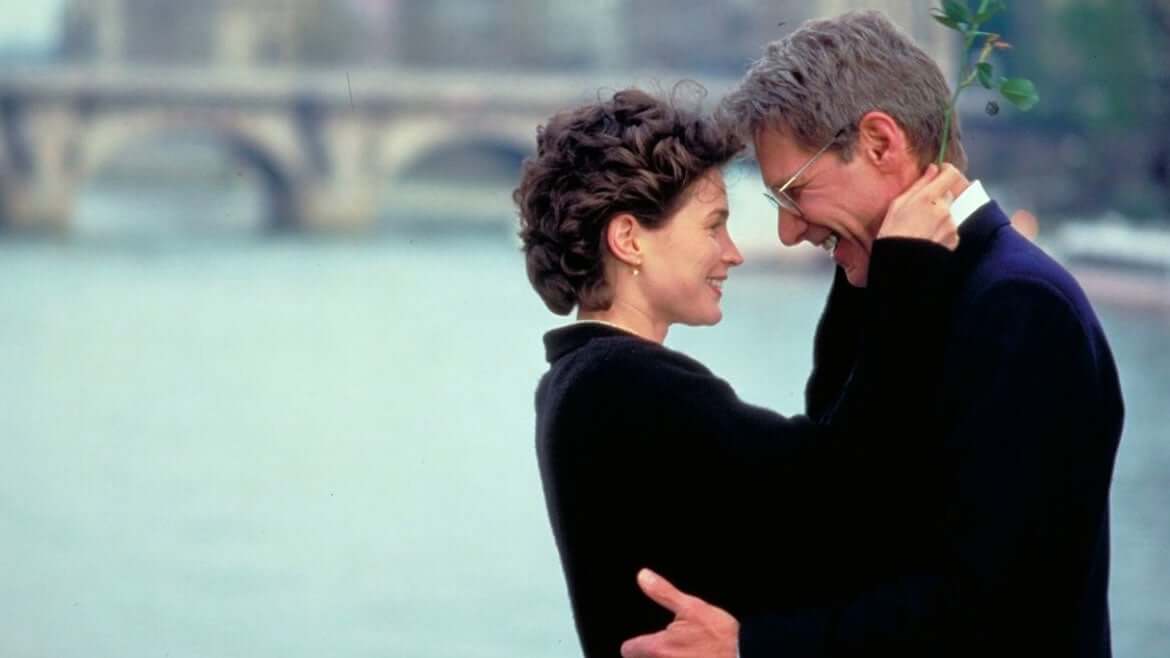Renée Waller is a tutor with Emmaus Classical Academy and a graduate of the Torrey Honors College at Biola University. Renée also works for the American Enterprise Institute, a Washington, D.C.-based think tank. In her spare time, Renee enjoys long walks in the Capitol Hill neighborhood, hosting dinner parties, and singing songs with her roommate on their front porch.


